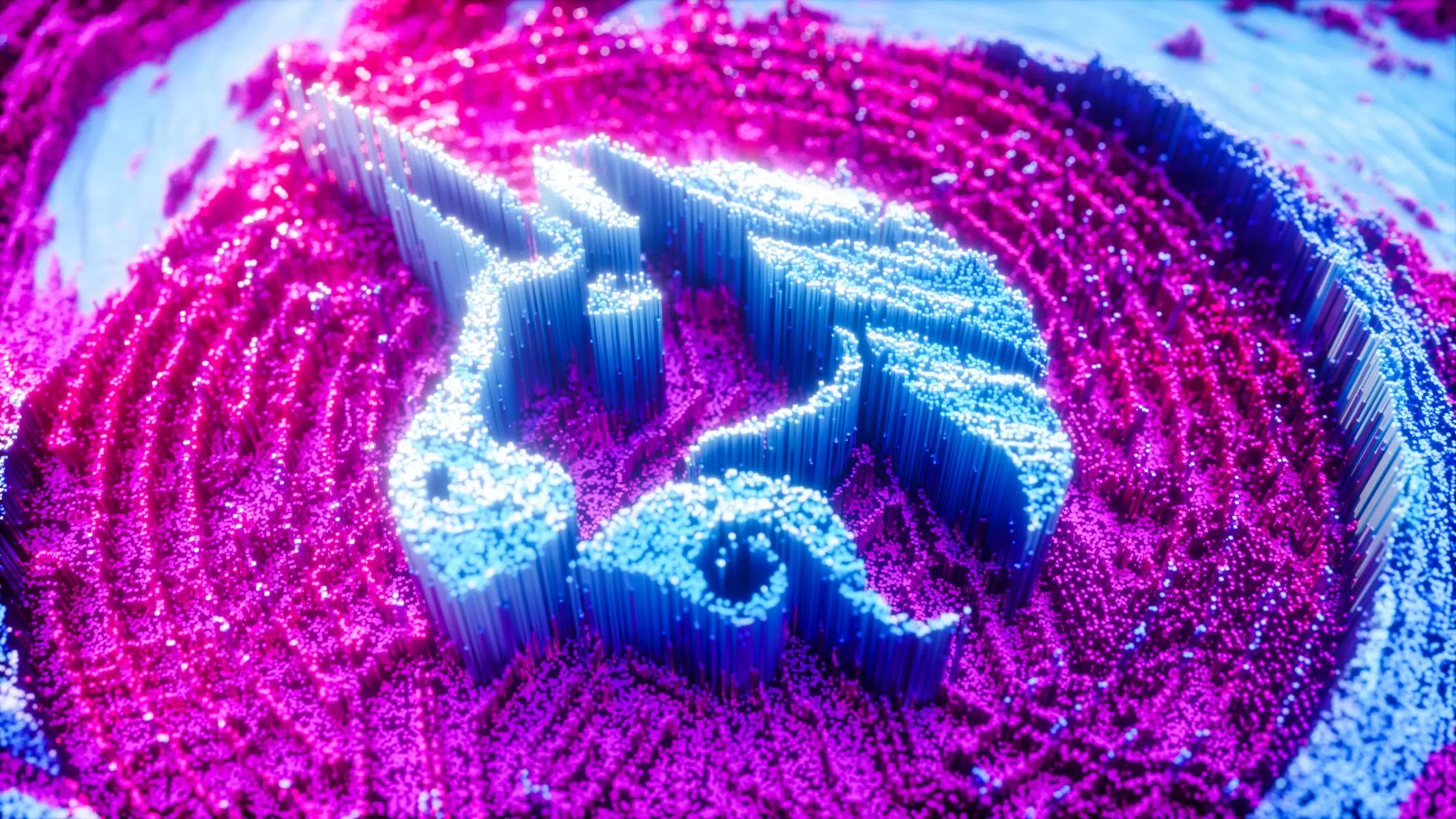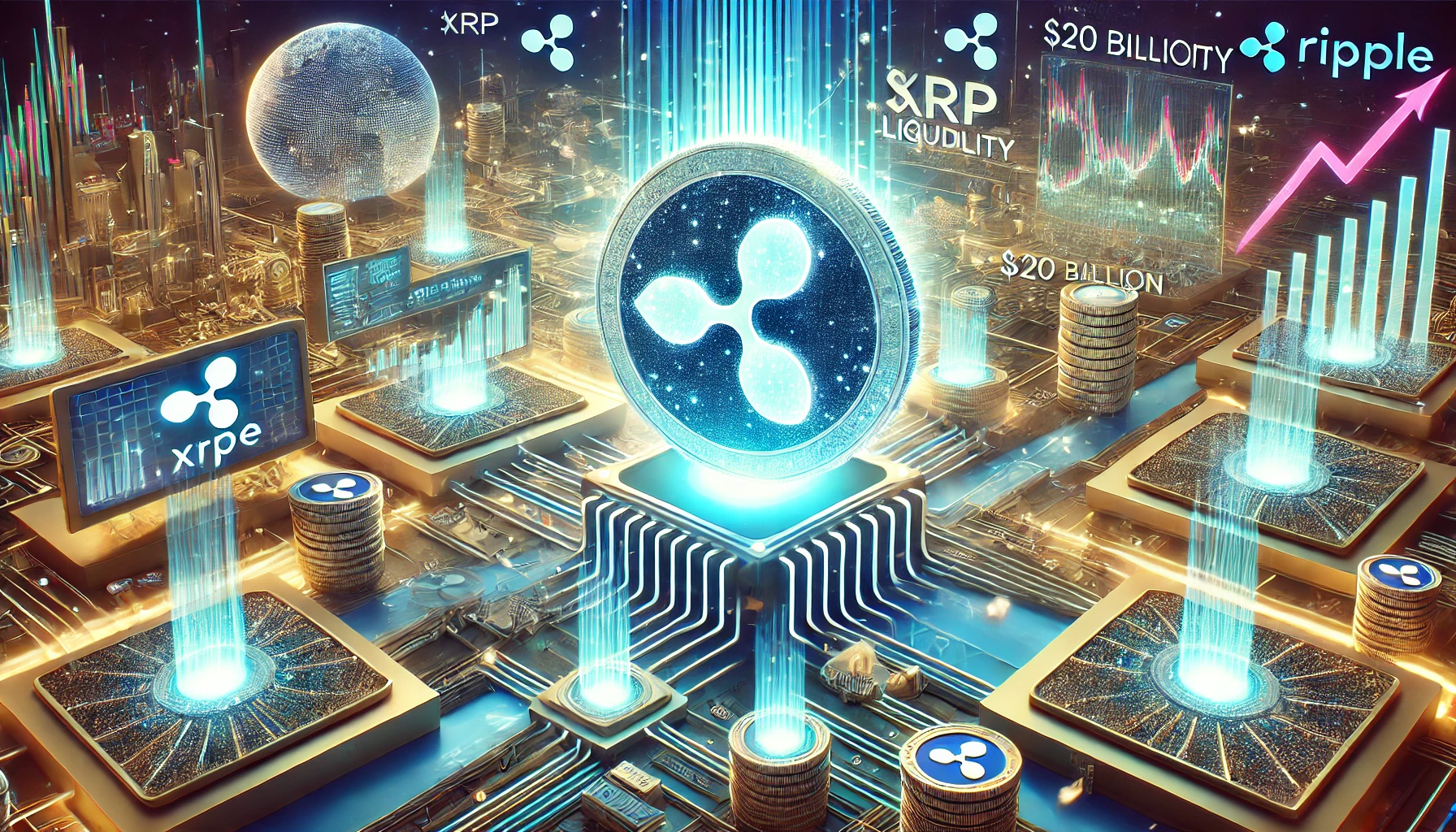ARTICLE AD BOX

- Uniswap Labs has launched the Unichain mainnet to enhance DeFi scalability with faster transactions and lower fees, marking the platform’s entry into the Layer 2 market.
- Unichain facilitates asset bridging through wallets, and with upcoming upgrades set to introduce trusted execution environments, it aims to reduce block times to an impressive 250 milliseconds.
Uniswap Labs, the creator of the decentralized crypto-exchange Uniswap, has officially launched the Unichain mainnet, entering the competitive Ethereum Layer-2 ecosystem. Uniswap’s chain is expected to generate around $500 million annually by redirecting fees from Ethereum validators, benefiting both Uniswap Labs and UNI token holders.
This launch follows the trend of Ethereum L2 blockchains, such as Arbitrum, Base, and Polygon, as the network seeks to scale Ethereum. In less than four months, Unichain’s Testnet saw 95 million transactions and over 14.7 million smart contracts deployed with 100 protocols, including Circle, Coinbase, Lido, and Morpho already building on the platform.
Features for Developers and Users
According to the report, Unichain is built to support decentralized finance (DeFi), offering developers the ability to deploy apps, integrate custom logic with Uniswap v4, and incorporate stablecoins like USDC and CCTP. For users, funding wallets is seamless via bridges or popular providers like Coinbase and Transak, while they can also launch tokens and explore new apps coming to the platform. Uniswap v2, v3, and v4 are also available for swapping and liquidity provision, with more applications expected to join in the coming weeks, contributing to Unichain’s growing ecosystem.
Unichain aims to provide the DeFi space with scalability, offering 1-second block times and significantly reduced gas fees, approximately 95% lower than Ethereum layer one transactions. Additionally, the network is designed for efficiency, with plans to further improve transaction speed through upcoming upgrades, including a trusted execution environment (TEE)-based block-building system that will reduce block times to 250 milliseconds. This will also help enforce priority ordering, optimize market efficiency, and reduce value lost to Maximal Extractable Value (MEV) attacks.
Notably, Unichain is committed to decentralization. It will soon feature a fully functioning proof system supporting permissionless fault proofs. The Unichain Validation Network (UVN) will allow anyone to run a node and verify blocks, further decentralizing the chain.
Unichain is also designed with interoperability in mind. Built on Optimism’s Superchain, it supports native interoperability, making cross-chain transactions smoother. Future upgrades will continue to enhance block speed and finality, driving improvements in cross-chain efficiency. Uniswap Labs continues to innovate with standards like ERC-7683 to ensure cheap, secure, and fast transactions across the Ethereum Virtual Machine (EVM) and beyond.
This comes after CLS Global, a Dubai-based crypto market maker, agreed to plead guilty to wash trading charges on the Uniswap platform. As we reported, the firm was found to have used tactics to artificially inflate the volume and price of NexFundAI tokens on the Ethereum blockchain. As a consequence of the charges, CLS Global has been barred from engaging in crypto trading on platforms catering to U.S. investors. Uniswap’s native token, UNI, has seen a 5.2% decline in the last 24 hours, now trading at $9.40. Its market cap has dropped to around $5 billion, reflecting a 5.17% decrease over the same period.
.png)
 3 hours ago
1
3 hours ago
1








 English (US)
English (US)